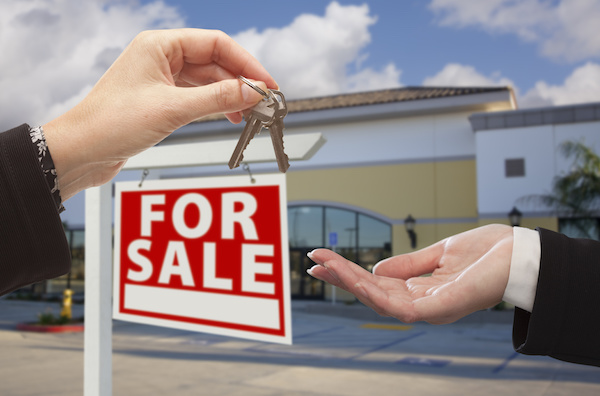How to Determine if You Should Rent or Buy Commercial Real Estate
harkins

Should you buy or rent commercial property? Many considerations come into play, with costs often being the most paramount. Yet, there is a range of things to think about when making this choice. Let’s take a look at some of the pros and cons you might not have thought about yet.
Pros of Buying Commercial Real Estate
Investing in commercial real estate has great potential.
- Equity: Every monthly loan payment equity increases your equity. If you decide to sell the property, you can transfer that equity to your business balance sheet.
- Appreciation: Property values are rising, which can increase your investment and equity. Since 2007, the U.S. Commercial Property Price Index has increased 25.9 percent. Try getting that rate of return at your local bank.
- Rental income: You can rent any unused space to tenants. This income can offset your monthly loan payments.
- Tax savings: Significant tax benefits exist for commercial property owners. These include deductions for interest, depreciation, and related expenses, which offer large savings.
- Control: Owning commercial real estate gives you more control. There is no landlord to raise your rent or decide you have to move on short notice. Worse, landlords sometimes become insolvent, leading to lots of uncertainty.
Cons Of Buying Commercial Real Estate
There are some potential drawbacks to buying instead of leasing commercial property.
- Upfront costs: Initial costs of buying can average 8 times higher than leasing space. A hefty down payment is generally required, ranging from 10 to 40 percent. With due diligence costs, closing, and title fees, you will need substantial capital to buy.
- Added liabilities: Owners are responsible for repairs, maintenance, and insurance. Additionally, the safety of people who visit your property is your responsibility. Renting part of your building raises those costs and risks still higher.
- Less flexible: Commercial real estate is inflexible, and easily moving is more difficult. Tying your capital to the property and its mortgage can lead to opportunity costs. Those funds might be better used elsewhere.
- Potential losses: Real estate is dynamic, and there is a risk that the property value can decline. Especially during down markets, leasing is often a safer bet.
Only you can decide whether to buy or rent commercial real estate for your business. We offer our tips to provoke your thoughts and guide you toward the decision right for you.
« Previous Next »
 Harkins Commercial, Incorporated opened its doors in 1978. Originally conceived as an in-house real estate service for custom home clients of Harkins Development Corporation, Harkins Realty, Inc has today evolved into a comprehensive commercial real estate firm that offers a full range of business-oriented services.
Harkins Commercial, Incorporated opened its doors in 1978. Originally conceived as an in-house real estate service for custom home clients of Harkins Development Corporation, Harkins Realty, Inc has today evolved into a comprehensive commercial real estate firm that offers a full range of business-oriented services.